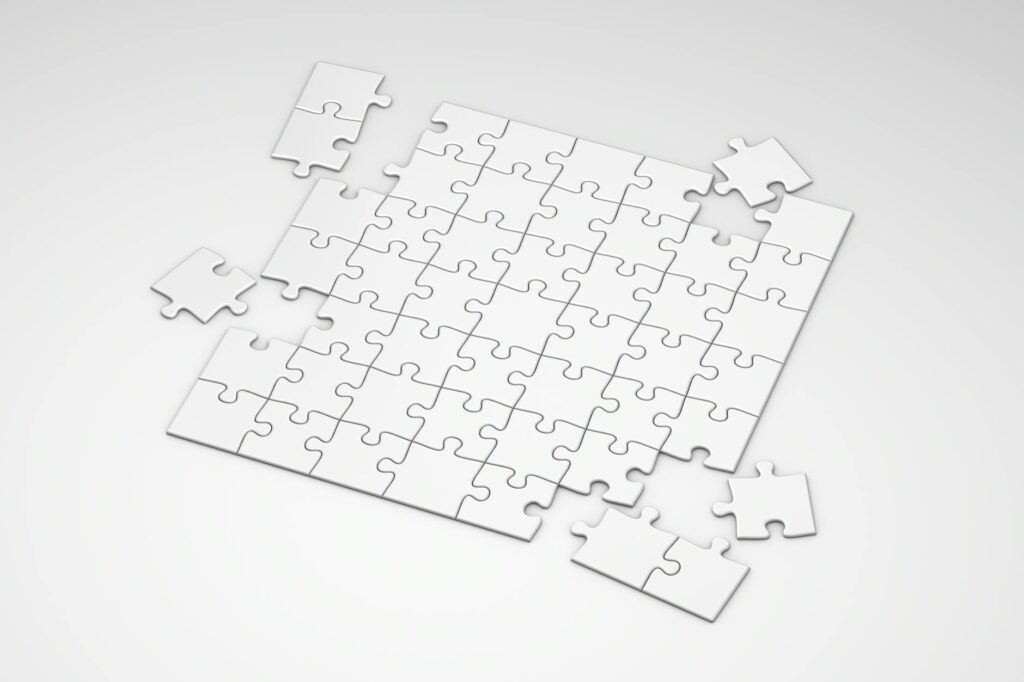What is cognitive task strategies?

What is cognitive task strategies?
Cognitive task strategies are powerful tools that can significantly enhance your productivity and personal development. By understanding and implementing these strategies, you can optimize how you approach tasks, learn new information, and solve problems effectively. In a world where time is a precious commodity, knowing how to harness cognitive task strategies can be your secret weapon for success.
Understanding Cognitive Task Strategies
At their core, cognitive task strategies are techniques that help individuals manage and direct their cognitive processes to achieve specific goals. These strategies are essential in various aspects of life, from studying for exams to handling complex work projects. They allow us to navigate tasks with greater efficiency and can lead to better outcomes in learning and problem-solving.
Definition of Cognitive Task Strategies
Cognitive task strategies refer to the methods individuals use to process information and complete tasks effectively. They encompass a range of approaches that aid in problem-solving and executing tasks. By employing these strategies, you can break down complex problems into manageable parts and develop a clearer path toward achieving your objectives.
The Role of Cognitive Functions
Cognitive functions such as attention, memory, and reasoning are crucial in the effectiveness of cognitive task strategies. For instance, attention helps you focus on relevant information, while memory plays a vital role in retaining learned information. Reasoning enables you to evaluate options and make informed decisions. When these cognitive functions work in harmony, they enhance the effectiveness of the strategies you use.
Types of Cognitive Task Strategies
There are various types of cognitive task strategies you can employ to boost productivity and learning. Each strategy serves a unique purpose and can be tailored to suit specific tasks or goals.
Goal Setting Strategies
Setting clear goals and objectives is one of the most effective cognitive task strategies. When you define what you want to achieve, you create a roadmap for yourself. This strategy not only provides direction but also motivates you to stay committed. Whether you aim to complete a project by a certain deadline or learn a new skill, having a well-defined goal sets the foundation for your success.
Self-Regulation Techniques
Self-regulation strategies involve monitoring your progress and adjusting your actions accordingly. Techniques such as setting reminders, creating to-do lists, and minimizing distractions are all part of this approach. By staying aware of your performance and making necessary adjustments, you can maintain focus and enhance your task performance. This is particularly important in a world filled with distractions, where staying on track can be challenging.
Metacognitive Strategies
Metacognitive strategies involve reflecting on your own learning process. This means being aware of how you learn and what strategies work best for you. By assessing your strengths and weaknesses, you can adjust your approach to learning and problem-solving. For example, if you find that you retain information better through visual aids, you can incorporate more diagrams and charts into your study routine.
Benefits of Using Cognitive Task Strategies
Implementing cognitive task strategies can lead to numerous advantages in your daily life. From increased productivity to improved learning outcomes, the benefits are significant.
Enhanced Productivity
One of the primary benefits of cognitive task strategies is greater efficiency in completing tasks. By utilizing these strategies, you can prioritize tasks, focus on what matters most, and avoid wasting time on unproductive activities. Whether you’re working on a team project or studying for an exam, these strategies help you streamline your efforts and achieve your goals more quickly.
Improved Learning Outcomes
Cognitive task strategies also have a profound impact on learning retention and comprehension. By employing techniques that enhance understanding, such as summarizing information or teaching others, you can solidify your knowledge. Research indicates that when you actively engage with the material, you’re more likely to remember it in the long term.
Implementing Cognitive Task Strategies in Daily Life
To reap the benefits of cognitive task strategies, it’s essential to incorporate them into your daily routine. Here are some practical tips to get started.
Creating a Structured Environment
Your environment plays a significant role in how effectively you can apply cognitive task strategies. Creating a structured space minimizes distractions and promotes focus. Consider organizing your workspace, establishing a designated study area, and setting specific times for tasks. A clean and organized environment helps your brain concentrate better, allowing for improved cognitive performance.
Utilizing Technology for Support
In today’s digital age, there are numerous tools and apps designed to aid in the application of cognitive task strategies. Tools like task managers, note-taking apps, and even mindfulness apps can support your efforts in staying organized and focused. For instance, apps that remind you of deadlines or help you manage your schedule can make a noticeable difference in your productivity.

Photo by Mediamodifier
Conclusion
Cognitive task strategies are invaluable tools that can transform how you approach tasks and learning. By understanding the types of strategies available and their benefits, you can enhance your productivity and improve learning outcomes. Start applying these strategies in your daily life, and watch as your effectiveness and efficiency soar. Embrace the power of cognitive task strategies today, and take charge of your personal development journey.